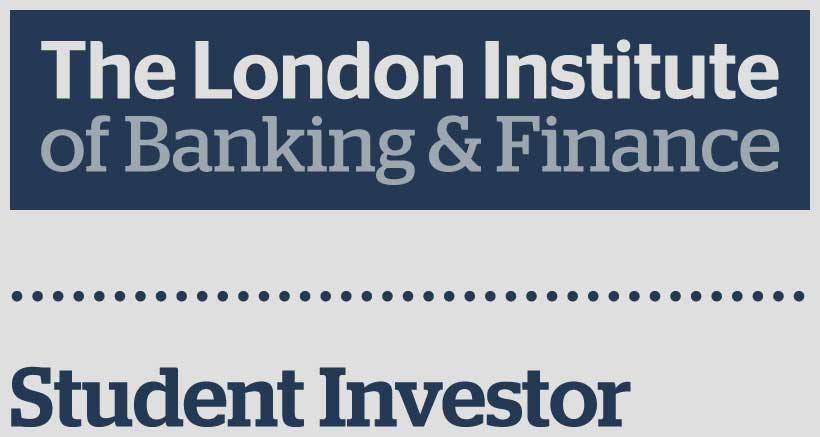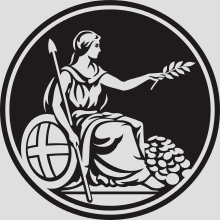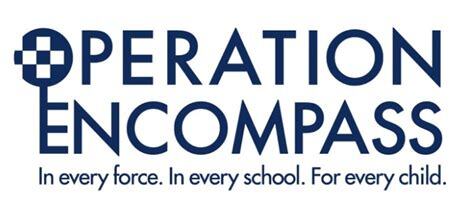Economics & Business
The study of Economics and Business helps to develop an understanding of concepts and theories through a critical consideration of current, real-world issues, problems and institutions of everyday life. Students apply theories and concepts in a range of contexts and learn to appreciate their value and limitations in explaining real-world phenomena. They will also analyse, explain and evaluate the roles of consumers, employees, firms, rival firms, governments and banks, developing a critical approach to various methods of enquiry and applying these to a range of economic and business problems.
Economics and Business are only available in the Sixth Form at Warwick School, so both subjects represent a fresh start in new academic disciplines.
Both subjects are highly relevant and topical, and pupils should be prepared to keep abreast of current national and international developments. We follow the AQA specification for both Economics and Business. A large proportion of our pupils go on to pursue degree courses in Economics, Business Management, Accountancy and Marketing to name a few. Pupils at Warwick School are permitted to opt for both Economics and Business. The department occasionally organises outside speakers and currently takes part in the IFS Student Investor Challenge and the national Young Enterprise competition. There is a weekly session for students wishing to explore the subject beyond the specification which is designed to build wider knowledge amongst students wishing to study the subject at university, including those making Oxbridge applications. Over the past decade or so the department has run numerous trips abroad, including visits to Madrid and Barcelona, with an annual New York trip in development.
Course Specification
A Level Economics is concerned with the key issues facing us today, including international finance, pollution and inequality. It is essentially about the choices that different sorts of people and governments have to make, the reasons they make them and the consequences their choices have. Pupils are taught how to understand issues such as inflation and unemployment and the difficult decisions that the UK government face in its attempts to steer the economy in a chosen direction.
Assessment consists of three equally weighted examinations of two hours each, focusing on microeconomics, macroeconomics and themes in economics, with the latter offering an opportunity for pupils to apply theories and concepts to up-to-date contexts. The first two examinations involve a data response question and two essays from a choice of six. The third ‘themes’ paper has 30 multiple choice questions and a series of extended response questions.
A Level Business involves the study of businesses in a variety of contexts, ranging from local sole-traders to multinational conglomerates. The specification encourages pupils to follow business developments in the key functional areas of marketing, finance, production and human resource management, and think strategically about contemporary business issues.
Assessment consists of three equally weighted examinations of two hours each. The first has fifteen multiple choice questions, a number of short answers questions and a choice of one from two essay questions. The second has three multi-part data response questions and the third has one case study, followed by six extended questions.










